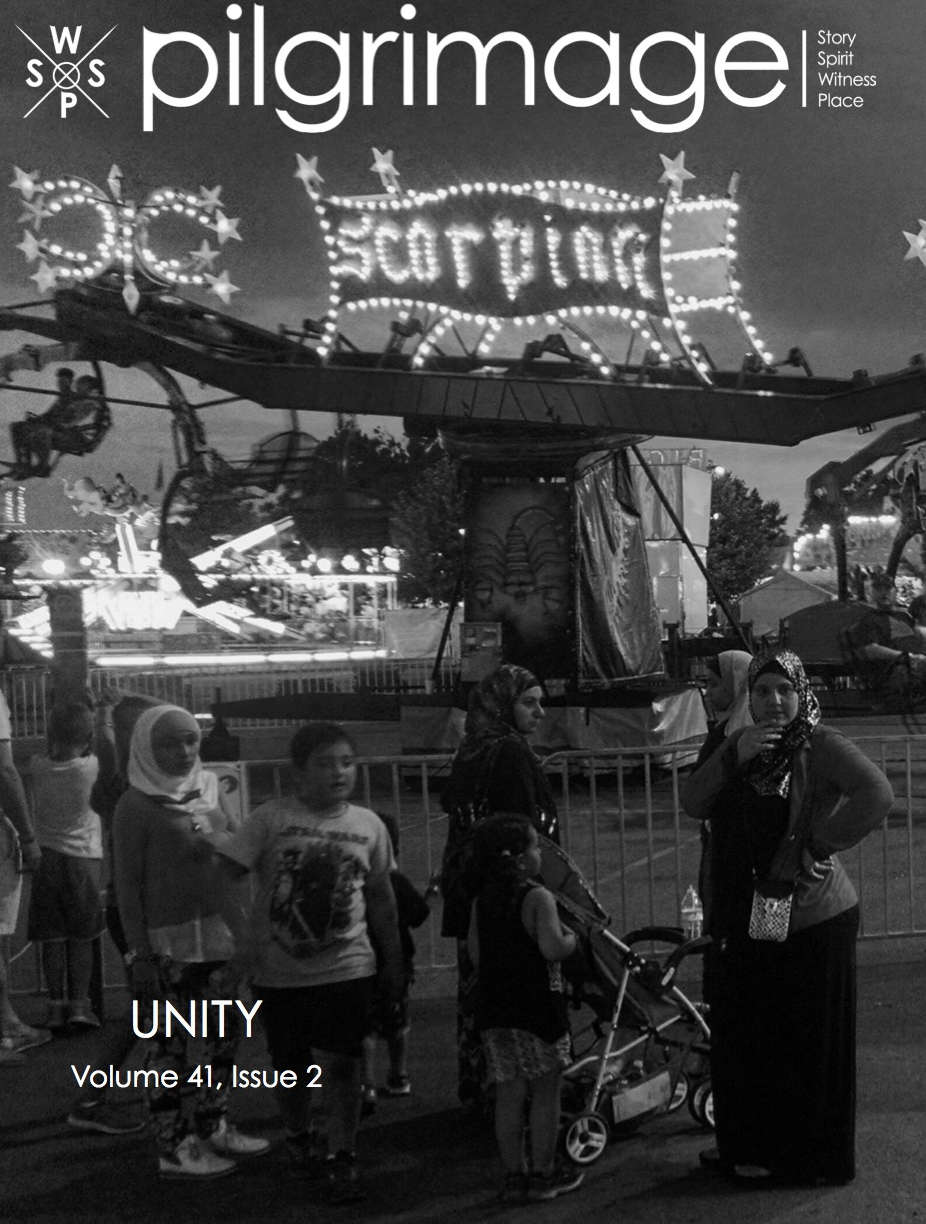
In my past life, I was a punk kid, and I hung out in the scene, wearing my teenage rebellion and
dying my hair outrageous blues, pinks, and greens. Even in the company of a rough crowd, in a
dive bar reeking of cigarettes and too young to drink, I always felt safe. I felt moved by the
message of unity that came out in fast lyrics, the 4/4 drum beats, and songs. The message
always pushed right into your face, telling skinheads to go to hell and how it was okay to feel
weird and alone in the world. We’re in this together. We’re all the same. It could be on a shirt, a
sticker, or a patch, but I remember always seeing the iconic image of a stick figure, pitching a
swastika in the trash can, circled by “Keep your country nice and clean.” It was a way to proudly
broadcast stances against racism, and punk offered ways to stand against hatred, bigotry, and
sexism too. For some of us, this became our first dip into activism. In the back of my mind,
standing up for social justice seemed obvious. Twenty years later, it’s clear that it can’t be taken
for granted.
We continue to protest and resist, but it’s difficult to keep up with the mounting attacks against
our rights. The press, the environment, and human dignity continue to challenged, and we see
courageous protesters, voters going to the polls to stage upsets, and people coming together in
the name of equality. Like our previous issues of Pilgrimage, our contributors use their poems
and prose to bring us together and to depict specific images and moments that unite us. It’s the
simple process of baking bread, of preserving an Armenian town, and reliving a nightmare fire
drill. We strongly identify with Yesenia Montilla riffing on a Hamilton Heights Starbucks and the
changing neighborhood, just like Sheila Eby’s story debating gentrification. P.V. Beck’s poem
meditates on barbed wire fences, and Orlando Ricardo Menes reflects on his father’s pantry.
We move toward understanding and connection through culture, place, food, and the
complications they carry.
This issue includes our new banner and logo, which was designed by CSU-Pueblo student,
Jacob Rivera, which accompanies the beautiful photography by Adam J. Gellings. Gellings’ art
shows the diverse world and carnival of life in full swing with grace and inclusion.
This issue also marks the beginning of our new translation folio, which will be a regular feature,
curated by Katie Brown. Without announcing it, we were gratefully overwhelmed with so many
quality translations to consider. We at Pilgrimage agreed it was time to feature translations more
prominently in our pages. Countless international writers who would otherwise be unknown to
English-speaking readers need more exposure. We are honored to have Ariel Francisco’s
translations of Domincan poet Francisco Henriquez Rosa and Melody Tootoonchi’s translations
of the poet Forough Farrokhzad from the original Persian. Their translations build connections
with a focus on smaller images of snails, hurricanes, family memory, sad fairies, and our fears
bumping up against the hope of a rising sun.
Stay tuned for more exciting updates, events, and opportunities to keep being a part of our
Pilgrimage community. Subscribe, submit, interact with us on social media, and follow our
Declamations series on YouTube, curated by our Social Media Editor, Jorge Arroyo. It’s another
way to experience our contributors’ voices, to see the places they call home, and to feel unified.
Juan Morales
Pueblo, CO
May 2018
|